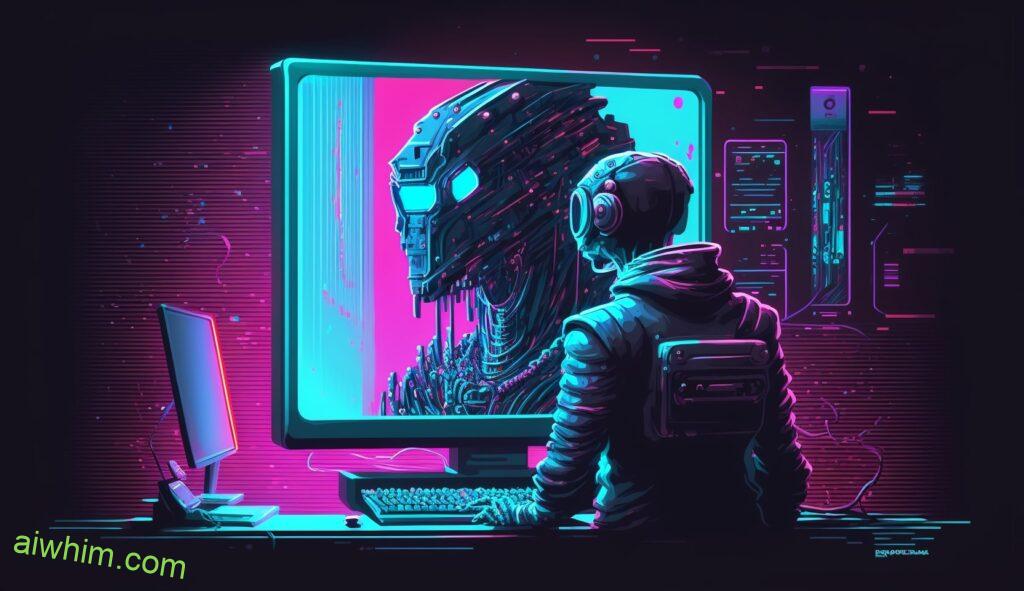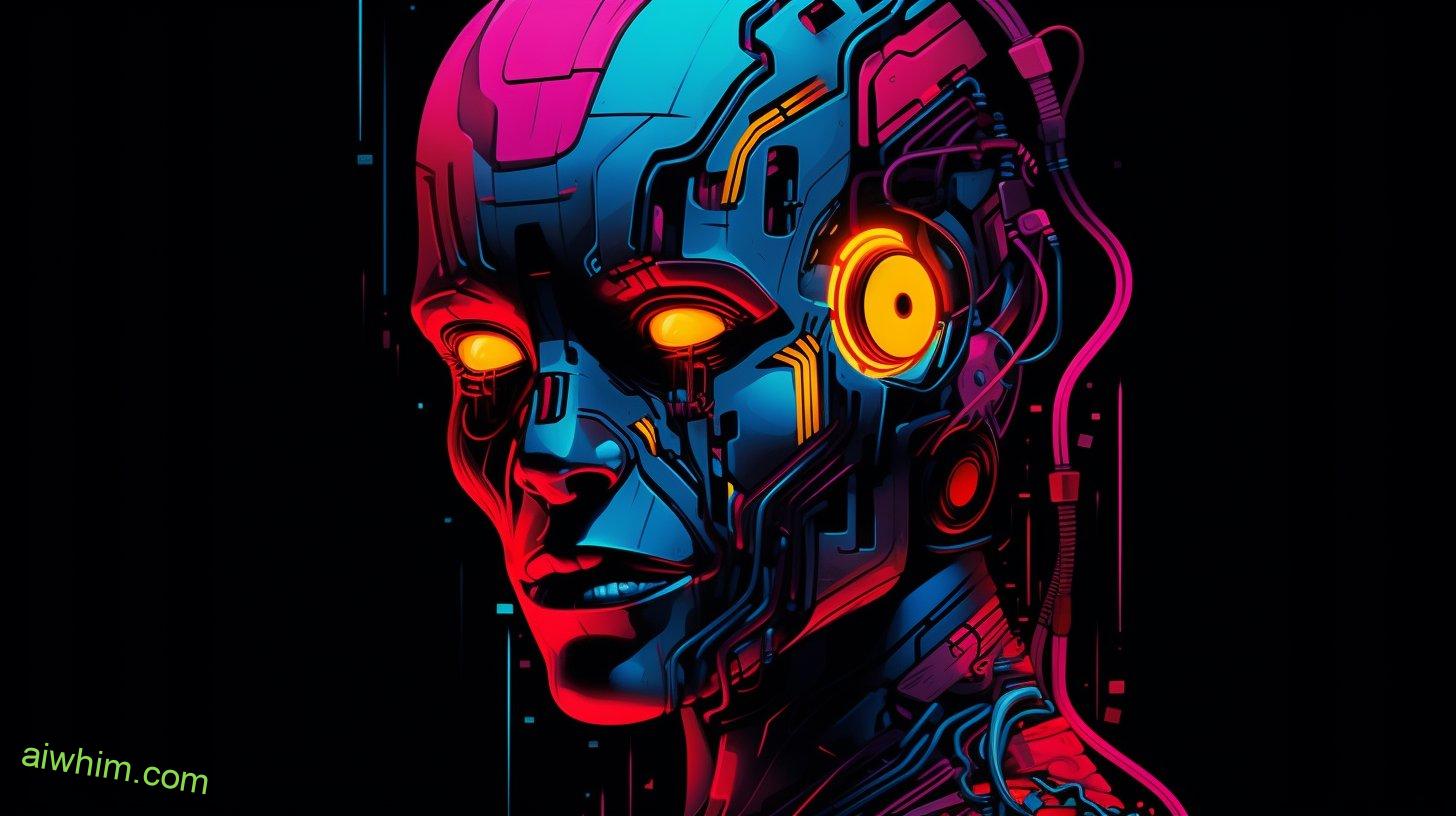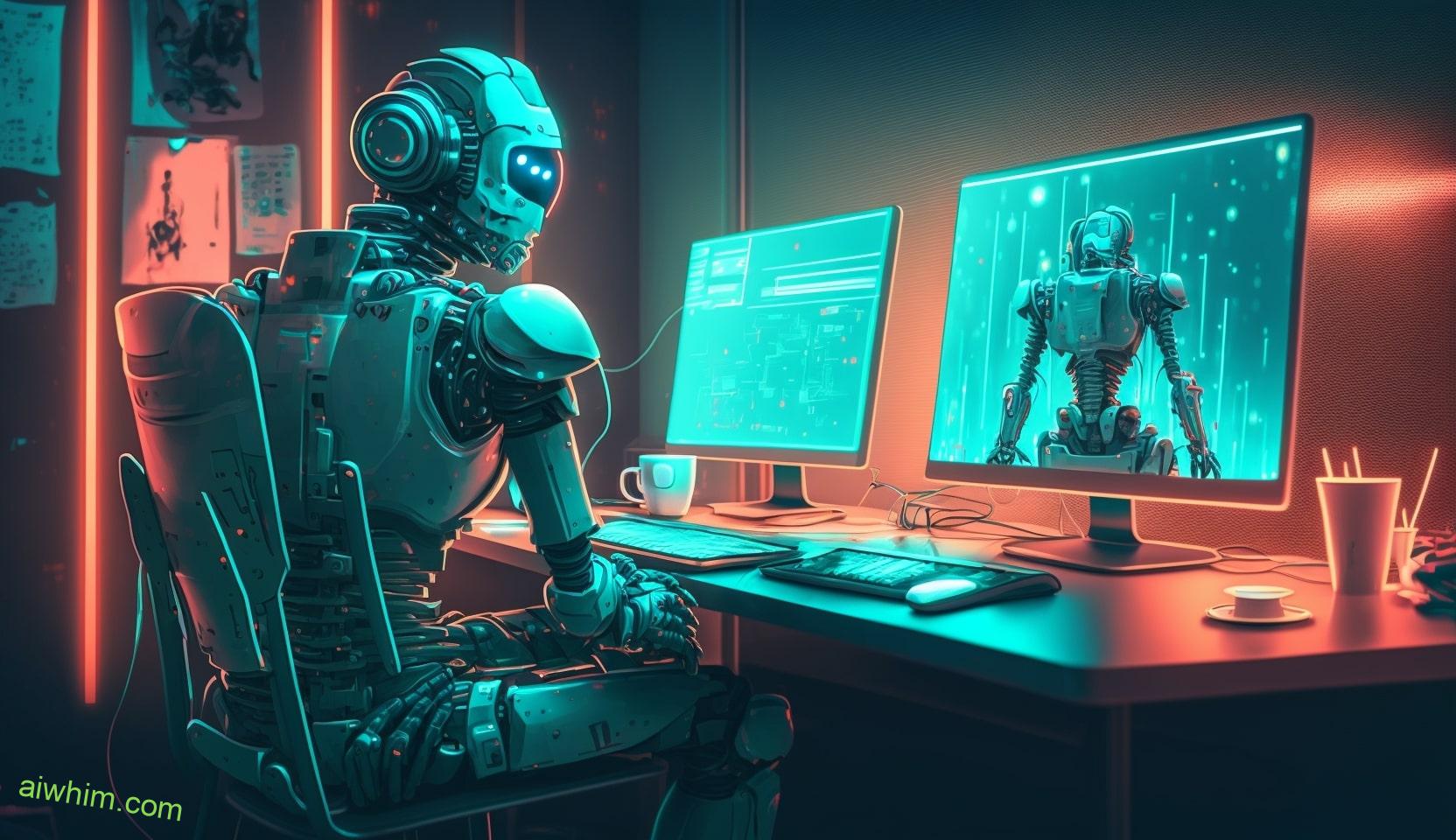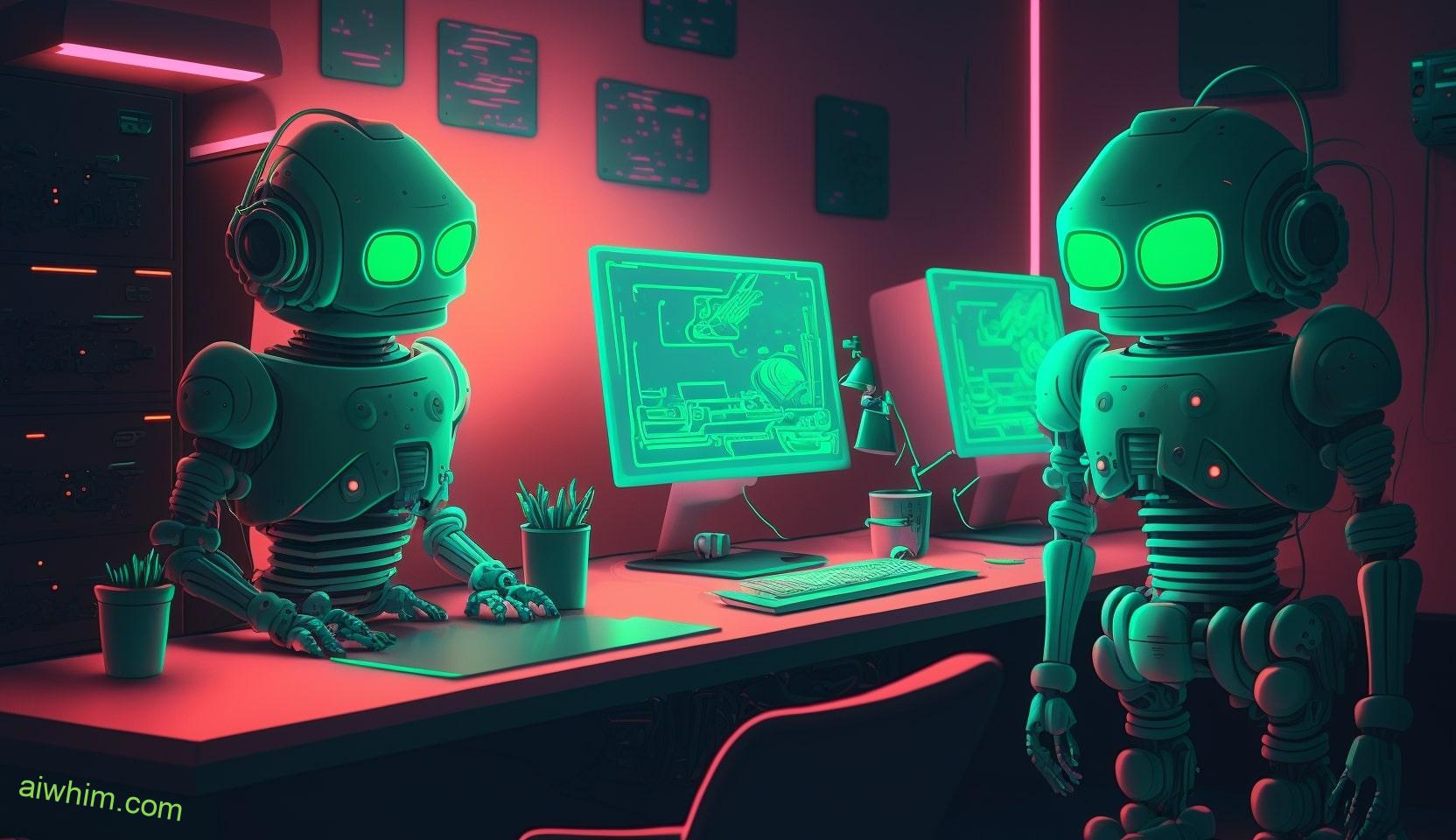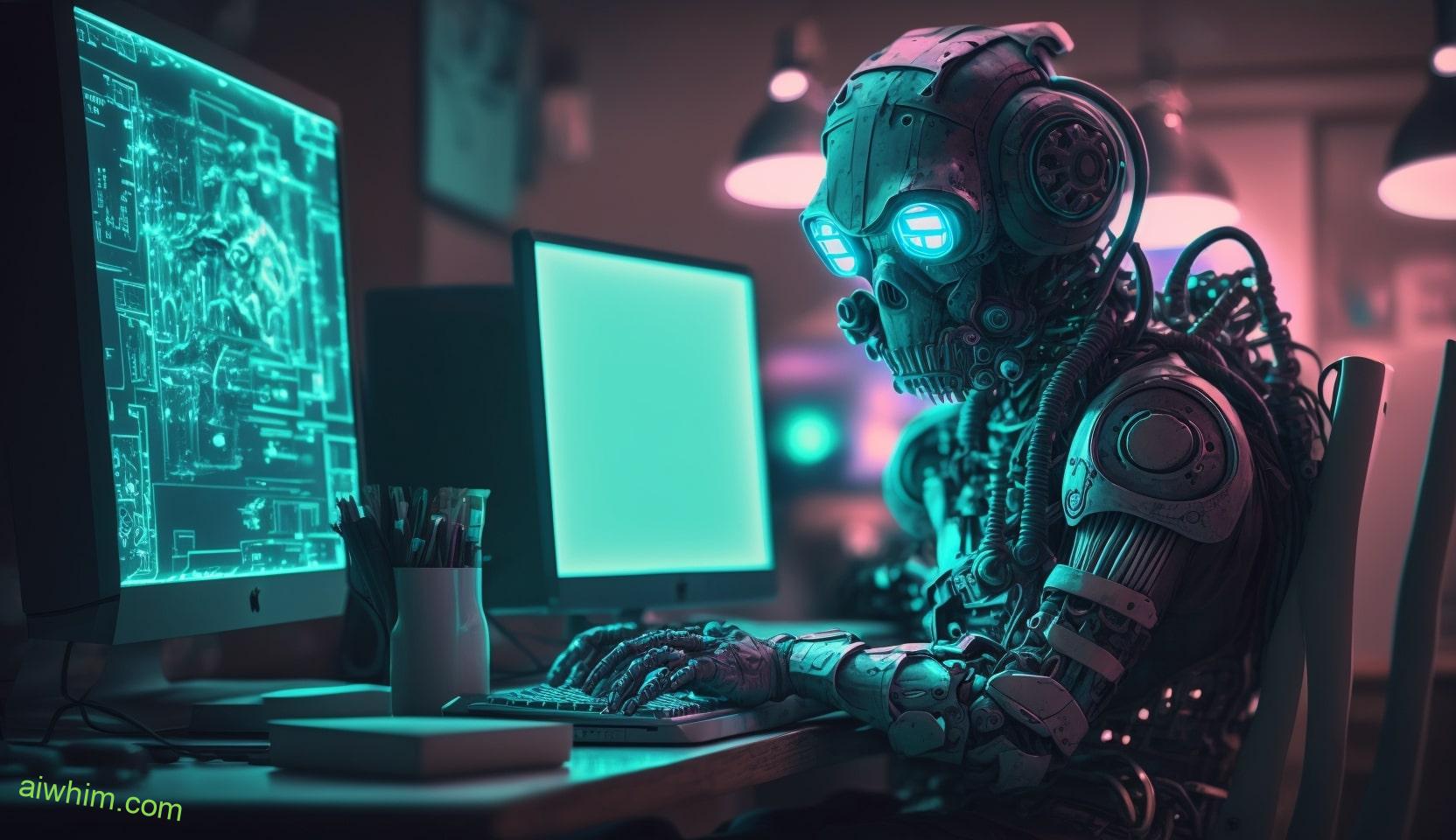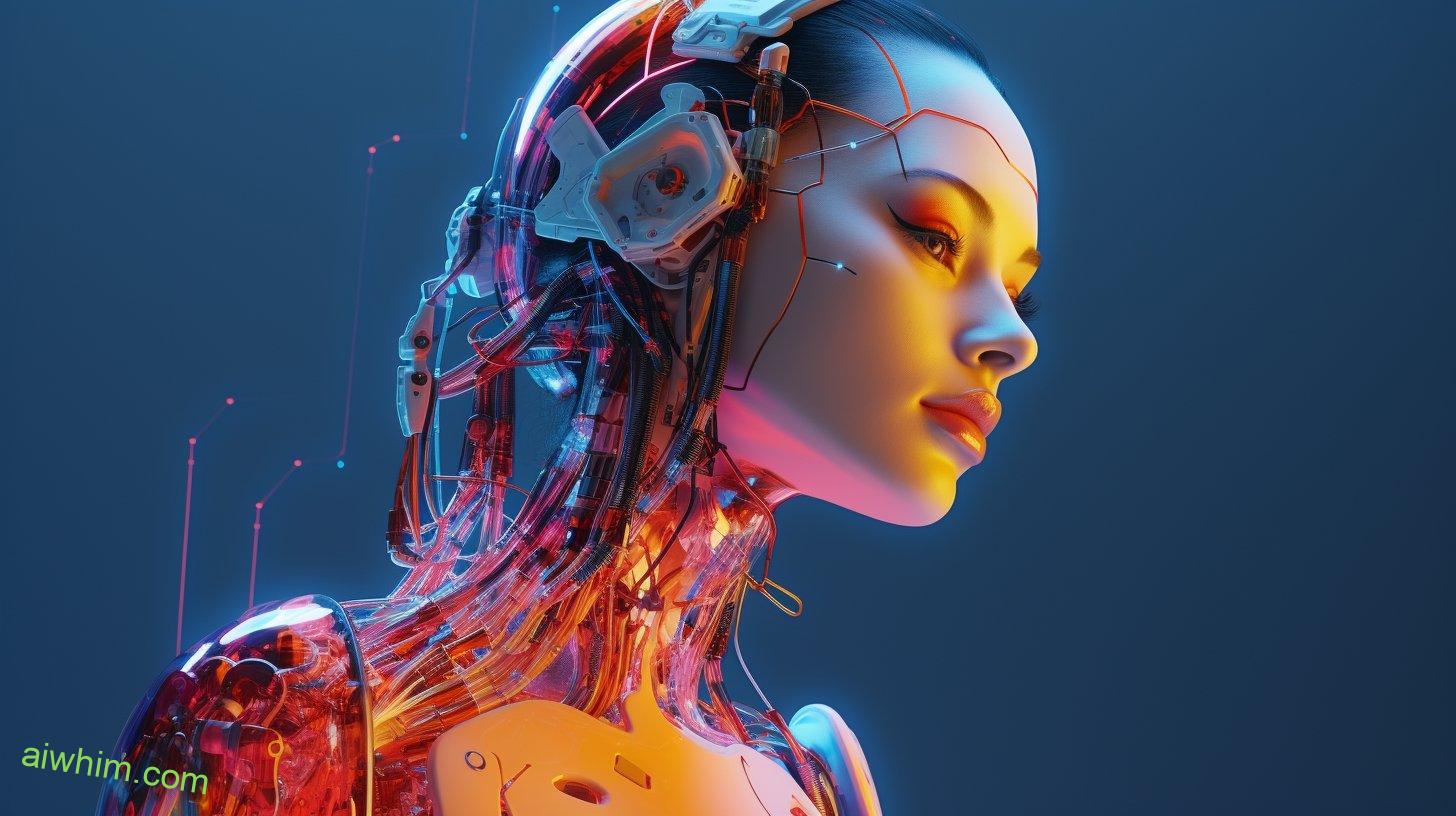Have you ever considered a career in Video Game Design, but worried that Artificial Intelligence (AI) would soon replace it with something more efficient? You’re not alone. With AI rapidly advancing and taking over many traditional jobs, the fear of replacement is becoming an increasingly real concern for those considering a career in video game design.
This article will explore the risks associated with automated technology replacing human-based careers such as video game development. We’ll look at whether there’s any valid basis to worry about job displacement due to increased automation, or if this fear is unfounded. Finally, we’ll discuss how having an understanding of both the potential benefits and drawbacks of using AI can help aspiring video game designers make informed decisions about their future profession.
So join us as we investigate what role artificial intelligence may play in the world of video game design, and ask ourselves: Is there really a risk AI will replace your chosen career path? Read on to find out!
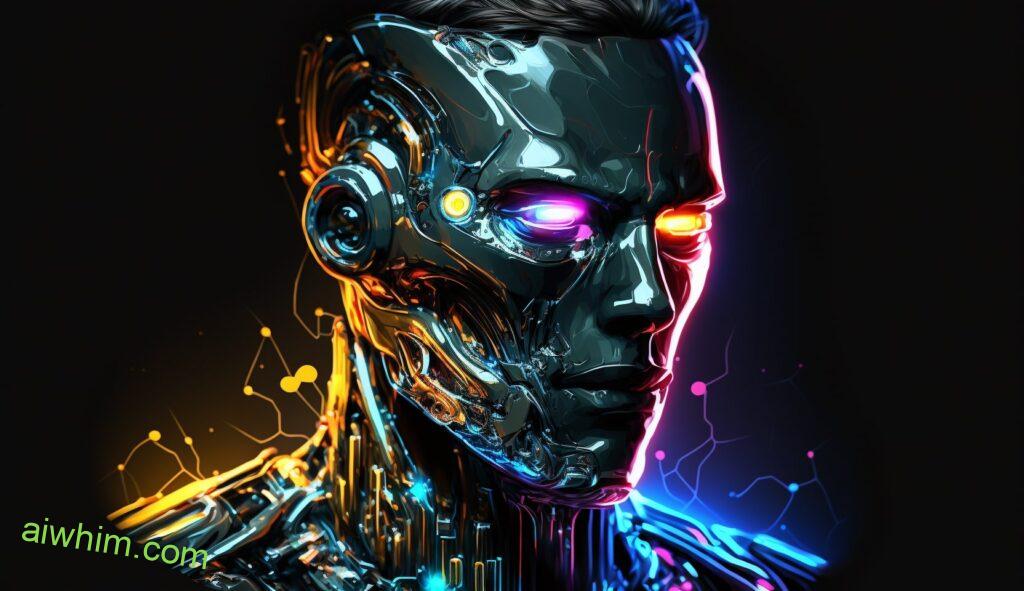
Definition Of AI
AI, or artificial intelligence, is a branch of computer science that focuses on creating machines that can mimic human behavior. AI technologies range from basic machine learning algorithms to more complex deep learning networks. Machine learning algorithms use data and insights to modify their own behaviors in order to achieve specific goals. Deep learning networks are capable of making decisions without human intervention by using layers of neural networks to recognize patterns in large amounts of data.
The application of AI technology has seen tremendous growth over the past decade, with many industries leveraging its capabilities for various purposes. Businesses have used it to automate processes and optimize decision-making; healthcare organizations have implemented it to diagnose diseases and develop treatments faster; and governments have employed it for public safety measures such as facial recognition systems. With these advancements, there is an increased concern among professionals across all sectors: will AI replace jobs?
In regards to video game design specifically, AI could potentially be utilized as part of the development process; however, this does not mean it would completely take over the role of designers. A designer’s job is much more than just coding games – they must understand player motivation and create engaging experiences through storytelling, visuals, mechanics and interfaces which requires creativity that no algorithm can replicate yet. Ultimately, while AI may become involved in some aspects of game design workflows like level design or procedural generation, creative direction still lies firmly within the purview of humans today.
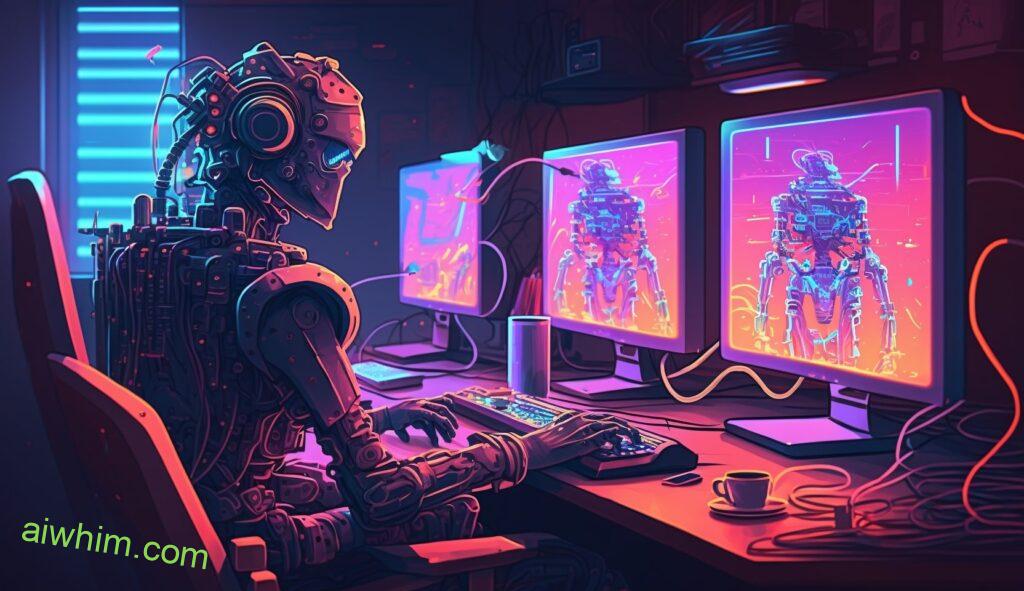
Additionally, we have an article dedicated to analyzing the impact of AI on video-editing careers. (Click to read.)
What Is A Video Game Designer?
A Video Game Designer is a creative professional who develops the concept, story and game mechanics of video games. As an expert in these fields, they are responsible for envisioning and creating engaging experiences that bring people joy while playing.
To be successful as a Video Game Designer requires a deep understanding of gaming trends, cultural relevance and industry standards. Furthermore, designers must have technical expertise in programming languages to create software programs that give life to their ideas. With this combination of creativity and technology, Designers craft captivating stories that capture user’s attention.
The duties of a Video Game Designer encompass many aspects including:
- Developing storyboards for characters, levels and other components
- Planning out detailed gameplay elements such as objectives and rewards
- Programming computer code using various coding languages
- Creating innovative ways for users to interact with the game world
- Testing each level or feature during development process
Game Designers often collaborate with artists, animators, programmers, writers and audio engineers to craft complete gaming experiences from start to finish.
Video Games offer a unique way to combine artistry and technology into one package – allowing those passionate about both realms to work together towards achieving something special. This has become an in-demand career over recent years due to its exciting possibilities!
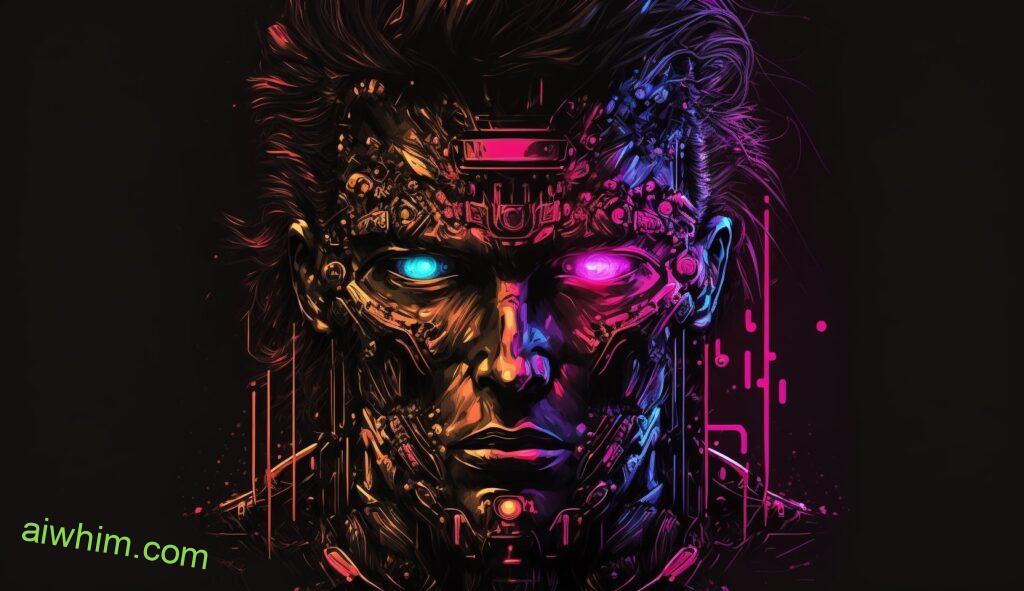
Furthermore, this article explores the role of AI in the evolving landscape of photography careers. (Click to read.)
AI Technology In The Gaming Industry
The gaming industry is no stranger to the rise of AI technology. In recent years, there has been a surge in AI-based technologies that are being applied to video game design and development. This includes AI-powered engines for creating virtual environments and characters as well as tools for designing levels and game mechanics. As these capabilities expand, it begs the question: Could artificial intelligence one day replace video game designers?
On one hand, AI could enable developers to create complex experiences with less effort than manual labor requires. For instance, certain tasks such as level design or character animation can be automated using machine learning algorithms which can save time and money for studios. On the other hand, this automation may also limit creativity by relying on predetermined parameters rather than allowing designers to explore their own ideas and push boundaries.
It’s important to note that while AI technology can improve efficiency when creating games, humans will still play an essential role in providing creative direction, especially when it comes to storytelling elements like plot or characterization. Furthermore, human input is necessary in order to ensure quality control over projects that have multiple moving parts due to its complexity. While AI may become increasingly involved in the gaming industry going forward, it won’t completely eliminate the need for experienced video game designers who have an understanding of both artistry and technical aspects of production.
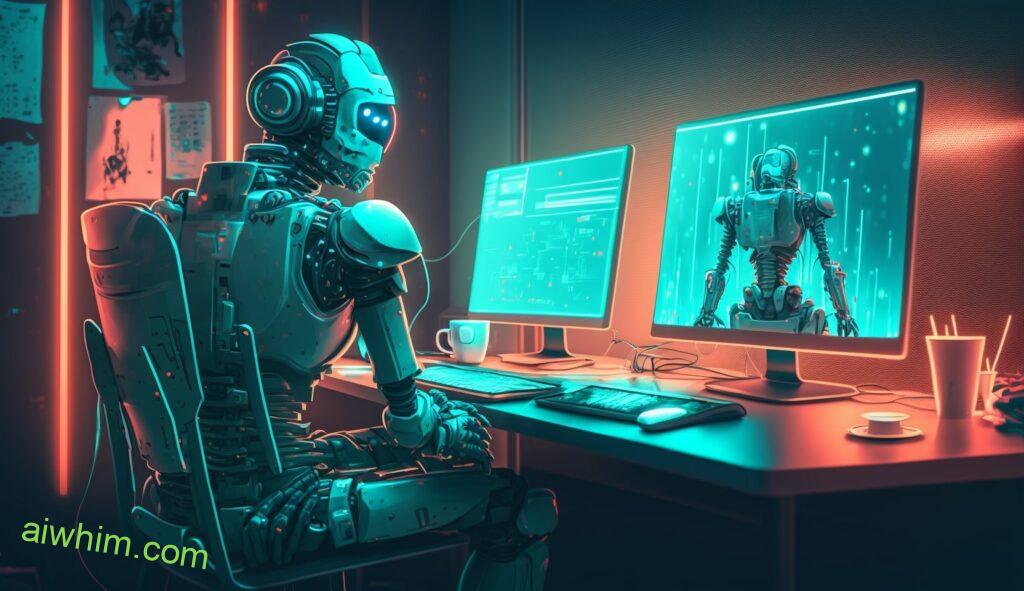
Also, we encourage you to read this article that examines how AI is changing graphic design jobs. (Click to read.)
Benefits Of Using AI For Video Game Design
AI can be an invaluable asset when it comes to video game design. It has the potential to automate mundane tasks and streamline development processes, allowing developers more time to focus on creating innovative products. This can result in a higher quality of games being released, as well as faster turnaround times for new releases. Additionally, AI-based tools can help designers create intelligent game designs that are difficult or impossible to achieve with manual coding alone.
Another benefit of using AI in video game design is its ability to analyze data quickly and accurately. By analyzing player behaviors and preferences, AI algorithms can identify trends and suggest improvements that may not have been considered by traditional methods. For example, AI could be used to recommend changes in level difficulty based on user feedback or suggest changes in camera angles based on how players move within the environment. These insights would otherwise take much longer if done manually, providing designers with valuable information they wouldn’t have access too without AI assistance.
Finally, incorporating AI into video game design gives developers the opportunity to explore creative ideas without having to worry about programming complexity or technical difficulties getting in the way. With automation taking care of tedious jobs such as debugging code and testing features, developers are free to brainstorm unique concepts and push the boundaries of what’s possible with their creations. This type of freedom allows them greater control over their projects and helps ensure that every project reaches its full potential – something few other technologies provide today.
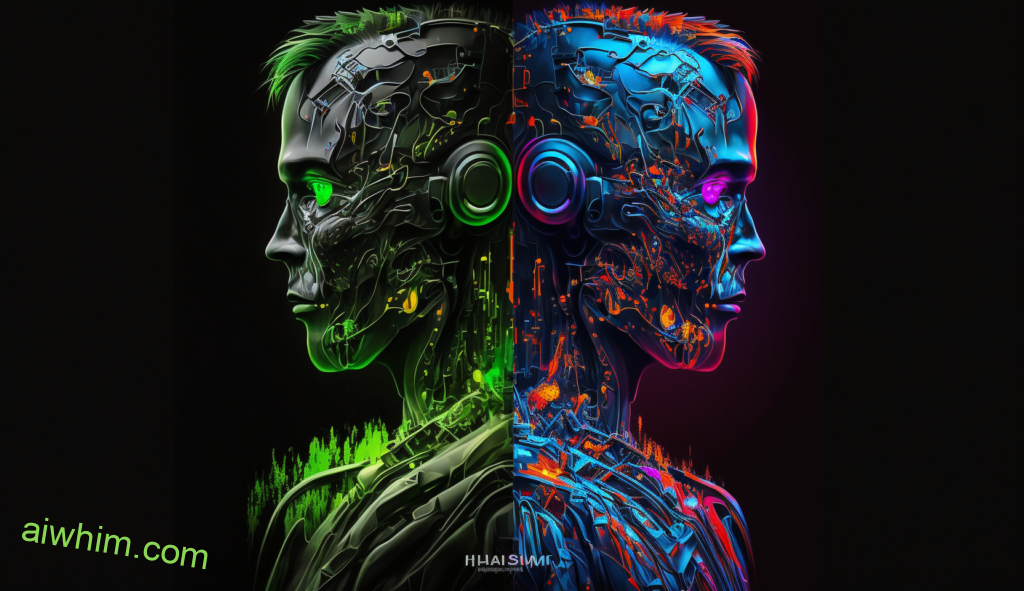
Challenges Of Implementing AI For Game Design
Having explored the benefits of using AI for video game design, it’s time to dive into some of the challenges associated with implementing such technology. While AI may provide developers with powerful tools and resources, there are a few considerations that must be kept in mind when incorporating AI into gaming projects.
First and foremost, one must consider the cost of implementation. Not only does investing money in new technologies require funding from top-level executives, but also requires hiring experts who understand how to properly utilize these components for optimal results. On top of this, developers need to make sure they have enough training data so their AI agents can learn effectively. Without proper supervision and instruction, an AI agent could end up creating unexpected or undesirable outcomes within the game environment itself.
Another key challenge centers around understanding user behavior and preferences. By leveraging machine learning algorithms, designers can anticipate what players will enjoy most about a particular project; however, if implemented incorrectly, an AI agent’s decisions might not accurately reflect player desires or tastes – resulting in missed opportunities or wasted assets. Additionally, as more games use similar techniques over time, users may become less receptive to designs generated by computer programs due to repetitive experiences or lack of variety between releases.
Here is a summary of potential issues facing those looking to incorporate AI into their game design:
- Costly implementation depending on level of complexity
- Ensuring sufficient training data for accurate results
- Difficulty predicting user behavior/preferences
- Potential issue with repetitive experiences/lack of variety
In order to overcome these obstacles and successfully implement artificial intelligence within video games, it is important for developers to invest both time and resources into researching best practices before beginning any kind of development process. With careful planning and consideration during each step along the way, teams can create engaging titles that leverage cutting edge technologies without sacrificing quality or authenticity.
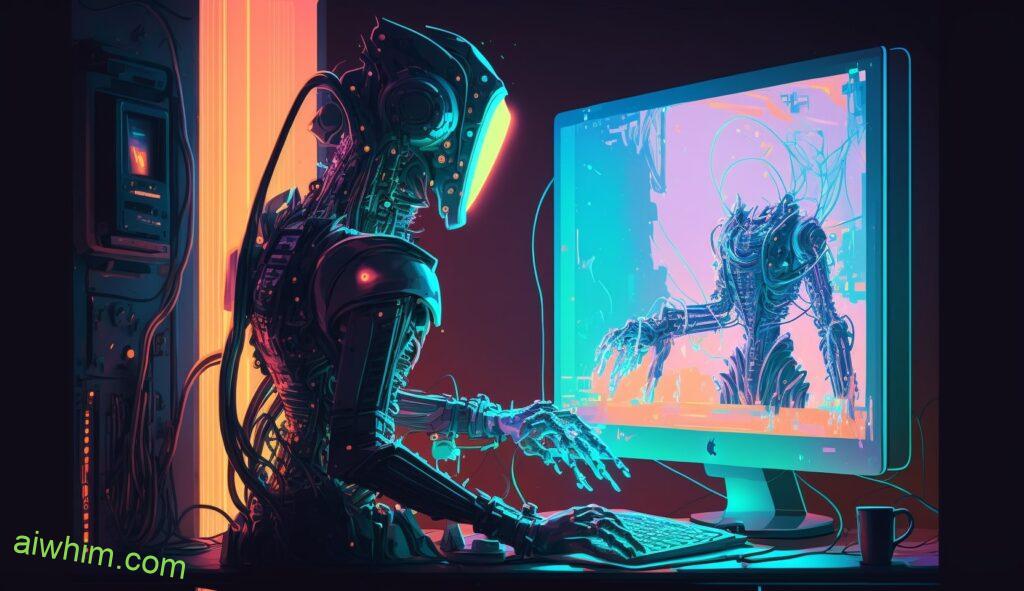
Potential Impact Of AI Careers Of Video Game Designers
The advent of automation technology and artificial intelligence has created a looming specter for video game designers. AI is capable of performing tasks traditionally done by humans, leading to the possibility that it could eventually replace human labor in the field of game design. The impact this could have on career paths for aspiring video game designers is uncertain, but the implications are far-reaching.
Firstly, AI could potentially help remove some of the tedious work associated with game development, allowing developers more time to focus on creative aspects such as story and character development. This would create an opportunity for video game designers to explore new territories instead of being stuck with mundane tasks like debugging code or testing levels. However, there’s also a risk that AI may take over entire industries, leaving human workers behind while they struggle to find other job prospects.
On top of the potential displacement caused by AI taking away jobs from video game designers, there’s also the question of whether they can keep up with advancements in automation technology. As automated systems become increasingly sophisticated and powerful, staying ahead of their capabilities will require continuous learning and adaptation – something which many experienced professionals might not be able or willing to do. Additionally, since most programming languages used in software engineering today were designed before AI was a thing, new coding tools must be developed specifically for working with these technologies – putting additional pressure on existing developers who want to remain competitive in the market.
It’s clear that if left unchecked, AI could cause significant disruption within the gaming industry – altering career paths significantly and possibly even rendering certain positions obsolete altogether. It’s important then to start preparing now so you don’t get caught off guard when it arrives at your doorstep. Investing in education around automation technology and keeping informed about its progress will go a long way towards ensuring future success for those looking to make careers out of designing games.
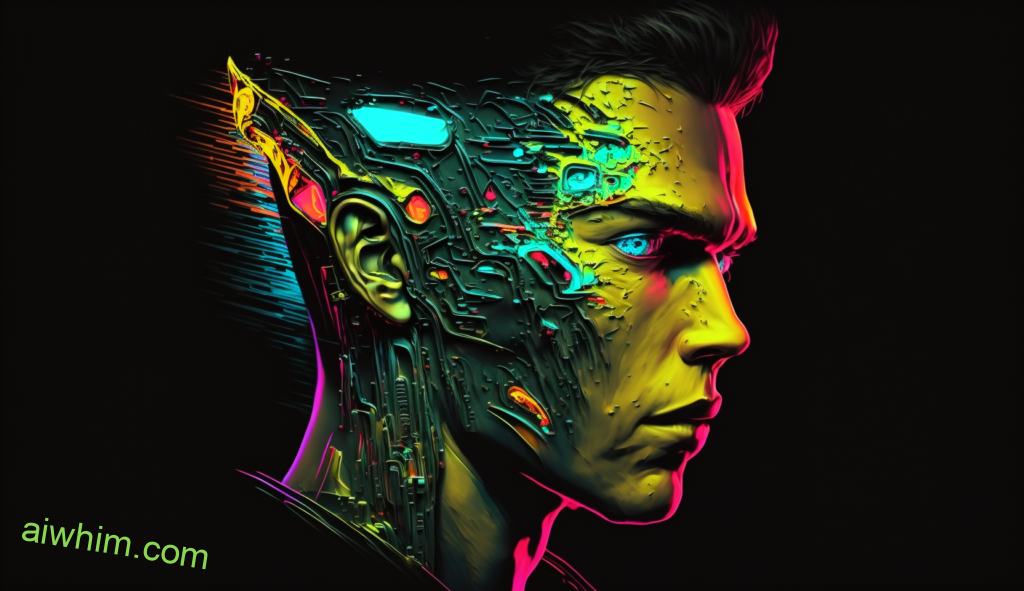
How To Prepare For Possibility Of Career Replacement By AI
It’s no secret that artificial intelligence (AI) has the potential to disrupt many industries, including video game design. The possibility of AI replacing your career is a daunting thought, but there are steps you can take to prepare yourself for this eventuality.
One way to be prepared is by diversifying your skill set and ensuring that you stay up-to-date with industry trends. This could mean taking courses in coding or software development; investing time and effort into learning new tools related to video game design; or even exploring other creative outlets like graphic design or music production. By applying yourself in various areas across the tech landscape, you increase your chances of remaining competitive against any potential automation disruption.
Another way to protect yourself from AI displacement is by being an early adopter of technology advancements. Keeping pace with emerging technologies allows you to understand how they work and their implications on existing jobs. You should also consider joining professional networks within your field so that you can stay informed about changing job opportunities, as well as network with those who may offer valuable advice when it comes to adapting your career path if needed.
Being proactive now will help ensure success later on—no matter what changes come down the line due to automation or AI disruption. It’s important to focus on developing skills that make you unique and stand out among peers while keeping abreast of industry developments in order to remain marketable and futureproofed for career adaptation if necessary.
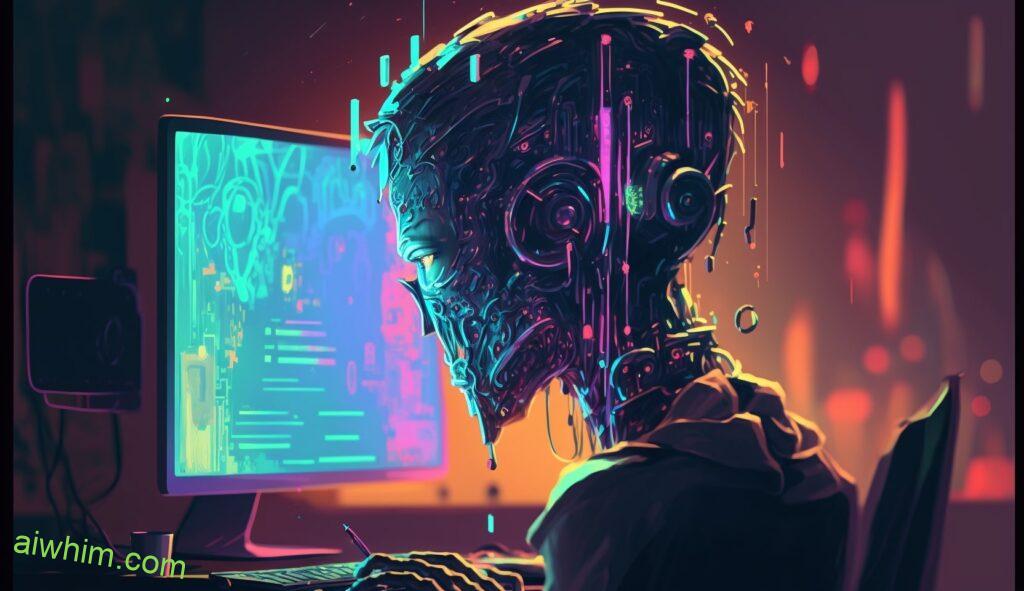
Impact On Job Security In The Video Game Industry
The fear of being replaced by AI has become a reality for many industries, and the video game industry is no exception. With advancements in artificial intelligence, there is a real risk that certain aspects of designing games could be taken over by an automated process. As such, it is important to consider how this potential shift may impact job security and salary within the gaming sector.
First, let’s look at what kind of positions might be vulnerable to replacement by AI. Designers who work on creating artwork or coding gameplay mechanics are most likely to find themselves out of a job if their jobs can be done more efficiently through automation. Similarly, developers whose roles involve repetitive tasks such as debugging could also see their positions eliminated due to improved AI capabilities.
Fortunately, these types of occupations represent only part of the video game development landscape and do not reflect other areas where human creativity and problem-solving skills remain essential components for success. Furthermore, individuals employed in higher level design roles will likely still have secure positions given that machines cannot yet replicate those complex activities nor match the emotional depth needed for engaging stories or immersive worlds.
Overall then, while AI poses some threat to video game designers whose roles involve routine operations, high-level creatives should still feel confident about their career prospects despite advances in technology. Additionally, with competition from online streaming services continuing to grow alongside new console releases from major players like Sony and Microsoft, salaries throughout the industry should stay relatively stable – provided one stays up-to-date with the latest trends in gaming tech and culture.
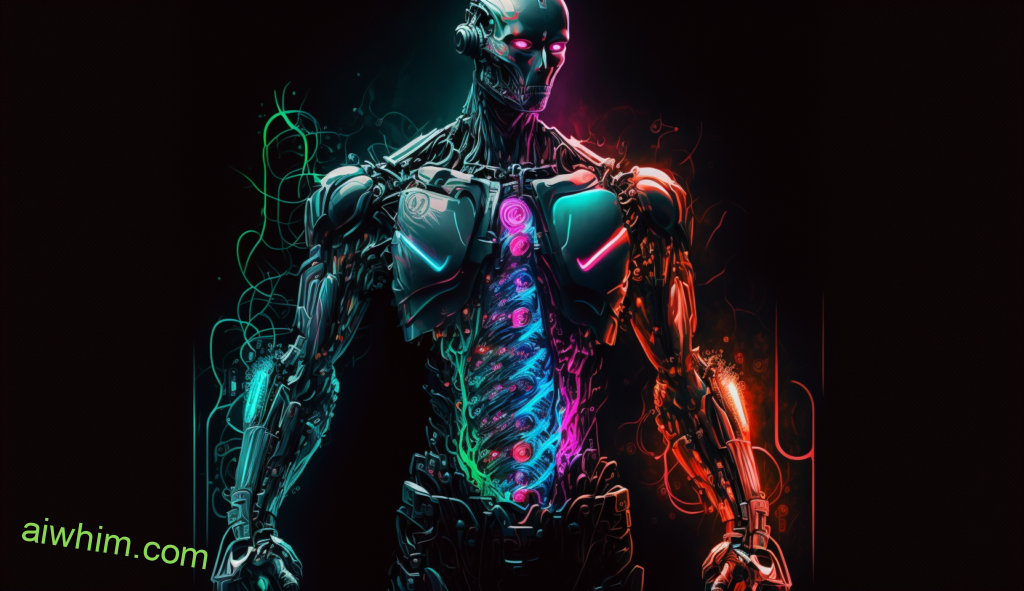
General Pros And Cons Of Utilizing Artificial Intelligence
AI automation and automation technology have become increasingly popular in the modern world, particularly within the video game design industry. On one hand, utilizing AI can greatly benefit a developer’s workflow by automating certain tasks or providing insight into areas of improvement. However, many argue that this advancement could potentially replace human creativity in some roles. Let’s take a look at the pros and cons of implementing artificial intelligence:
Pros:
- Increased Efficiency – By implementing AI-based tools into development processes, developers can be more productive with their time as they no longer need to manually input data or code.
- Cost Savings – Automation eliminates labor costs associated with manual work, saving money for businesses and allowing them to invest more resources elsewhere.
- Greater Insight – AI algorithms can provide invaluable insights about customer behavior or gameplay trends which may not have been visible before.
- Improved Quality Control – Automated testing systems allow companies to quickly identify bugs or glitches in games so that they can be fixed promptly without wasting valuable time and resources on manual testing methods.
Cons:
- Loss of Human Creativity – While automated processes are designed to make development easier, there is still an inherent need for humans to come up with creative ideas and solutions during the process of developing a video game.
- Security Risk – As most AI-powered tools rely heavily on data collected from players, security concerns arise due to potential misuse of sensitive information gathered through those systems.
- Lack of Flexibility & Adaptability – AI algorithms cannot think outside the box in order to adapt to changing gaming trends or environments like humans would be able to do; thus limiting their usefulness when it comes to creating innovative experiences for gamers around the world.
It is clear that both benefits and risks must be considered when integrating artificial intelligence into any aspect of game development – including its use as a tool for replacing certain roles traditionally held by humans such as video game designers. To ensure successful implementation of these technologies while protecting the freedom of creators and thinkers, we must strive towards optimizing existing frameworks that bridge human ingenuity with cutting edge AI technology capabilities
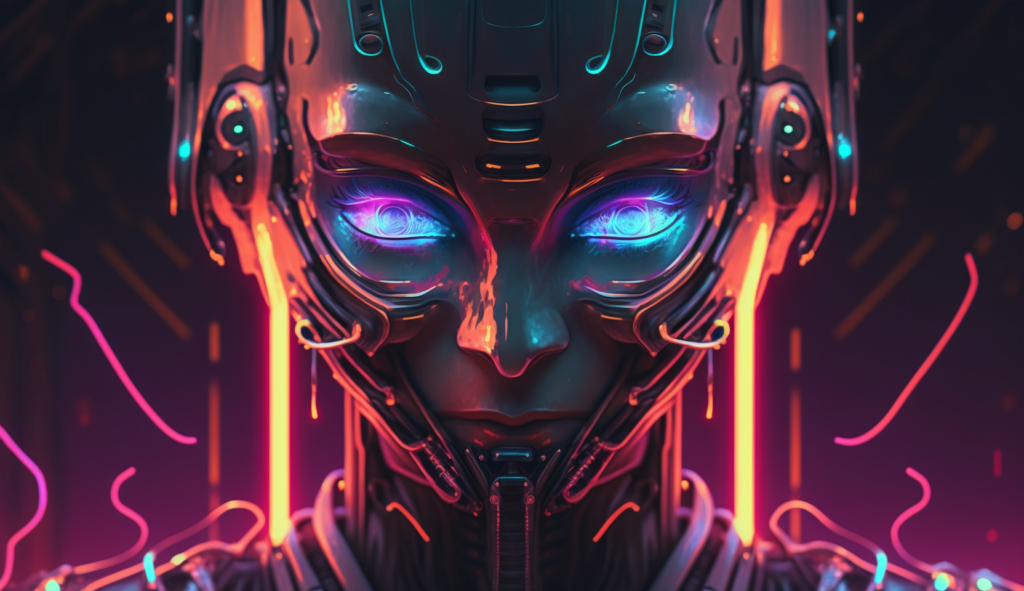
Techniques To Compete With Automation In The Workforce
With automation techniques becoming increasingly prevalent in today’s workforce, understanding how to compete with this technology is crucial for career longevity. In order to succeed despite these challenges, there are a few steps that every video game designer should take.
First and foremost, staying up-to-date on industry trends is essential. By familiarizing yourself with new methods of production and design, you’ll be able to keep your skills sharp while ensuring that your projects meet modern standards. Additionally, utilizing software and tools related to artificial intelligence can give you an edge over competitors who have yet to adopt them. This includes anything from voice recognition programs to sophisticated machine learning algorithms which facilitate more efficient processes.
Finally, developing soft skills like communication and collaboration are key when competing against automation. Working as part of a team gives you access to diverse perspectives which may otherwise be overlooked by machines. As these interpersonal qualities become even more valuable due to their scarcity among robots, honing them could prove beneficial for those looking to remain employable in the face of workforce automation.
To sum up, video game designers must equip themselves with the necessary knowledge and skillsets if they want to thrive amidst increasing competition from automated technologies. Taking advantage of current trends and improving upon soft skills can help ensure long term success within the rapidly changing industry.
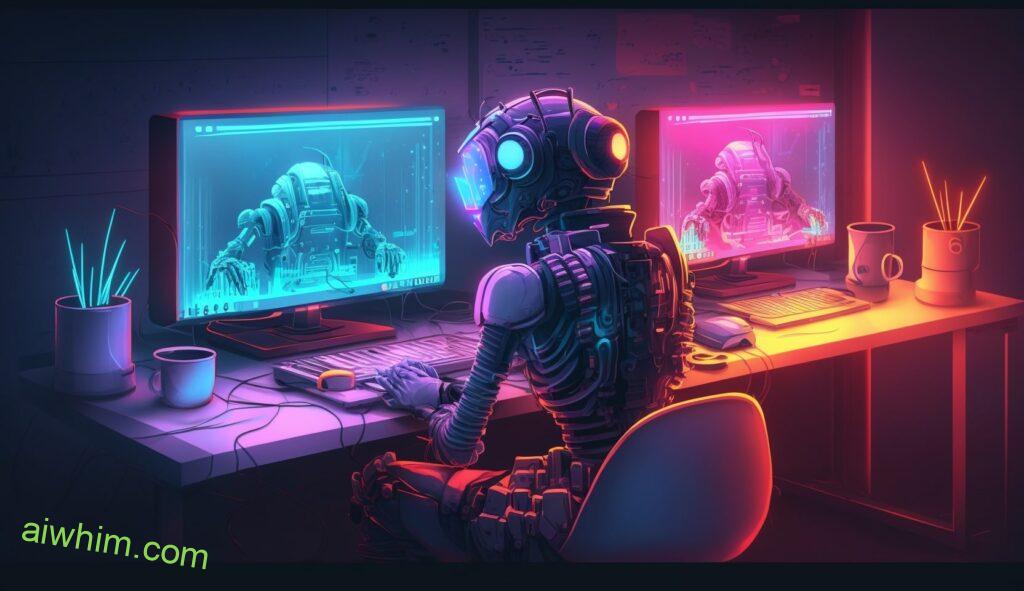
The Role Of Human Creativity In Video Game Design
Video game design is an art that requires a human touch. AI technology may be able to do some of the heavy lifting, but there’s still no substitute for the creative design and video game art achieved through human imagination. When it comes to video games, people are looking for something new and exciting. It takes someone with experience in the industry and who knows what works best to come up with truly innovative ideas that captivate players.
The complexity of designing a successful video game means that humans will always have a critical role in creating them. Even when using advanced AI tools, designers must use their own creativity and ingenuity to bring these tools together into a cohesive package that enhances gameplay and improves user engagement. Humans understand the nuances of storytelling better than machines, they can identify trends quickly and adjust accordingly – all things which are essential components of modern-day gaming success.
Ultimately, while AI can support developers by automating mundane tasks or helping generate content faster, it cannot replace the unique vision behind each individual title. That kind of innovation needs humans at its core; there’s simply no substitute for the human ability to think outside the box and create experiences unlike any other. Creative freedom is paramount if we want great video games – both now and into the future – so let’s not forget how important it is for gamers too!
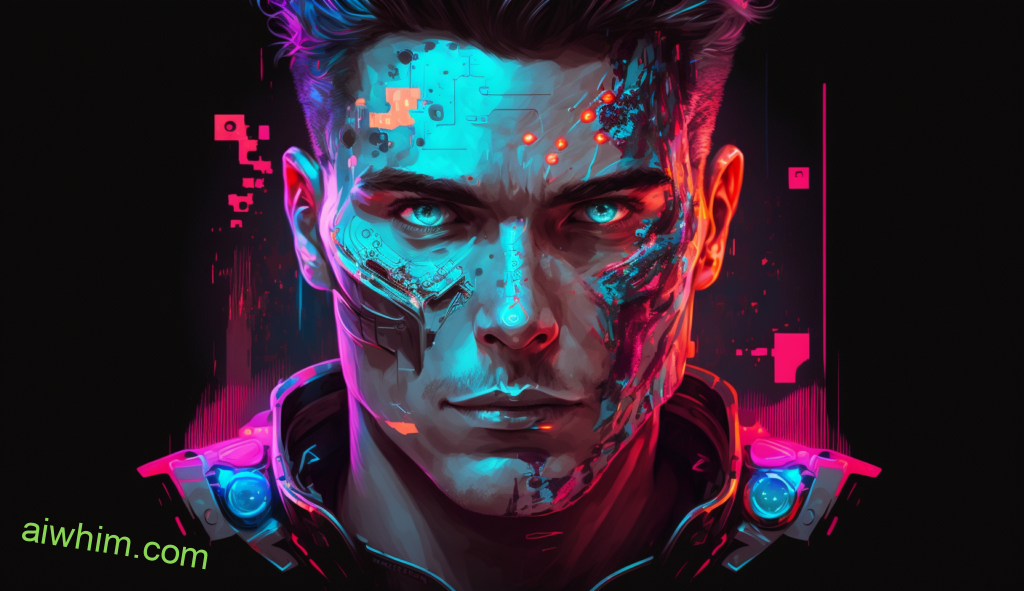
Recent Advances In Automation Technology
In recent history, the advancement of automation technology has been nothing short of miraculous. With each passing year, it seems that artificial intelligence (AI) and automated gaming systems are growing more sophisticated, capable of performing tasks that were once thought to be impossible for machines. The potential implications for people in the video game design industry are both exciting and terrifying – on one hand, AI could open up new opportunities for creative expression; on the other hand, there is a real risk that some jobs will become obsolete as automation makes them redundant.
The use of AI in games development is not something to take lightly – this type of automation can easily outpace human capabilities, particularly when it comes to repetitive tasks such as debugging code or optimizing level designs. Developers who rely heavily on these types of activities may find their skillsets under threat from increasingly powerful algorithmic solutions. Furthermore, with advances in machine learning technology, computer programs have begun to outperform humans in areas like facial recognition and speech synthesis – skills which used to fall firmly within the realm of human expertise.
At present, many aspects of game design remain beyond the reach of AI: creativity and innovation continue to require human insight and experience. But if current trends persist, then soon enough we may find ourselves living in an age where robots create our favorite titles without any input from humans whatsoever! As daunting as this prospect may seem at first glance, it’s not all doom-and-gloom – after all, automation also provides unprecedented access to data about how players interact with the games created. This information provides invaluable insights into what works and what doesn’t work in a given title so that game designers can make better decisions going forward.
While no one knows exactly what lies ahead for those working in video game design fields, one thing is certain: Automation technologies are rapidly becoming integral parts of everyone’s lives – whether we’re ready or not! It pays for developers to stay informed about the latest advances in AI and automation technologies so they can prepare themselves for whatever changes may come down the line.
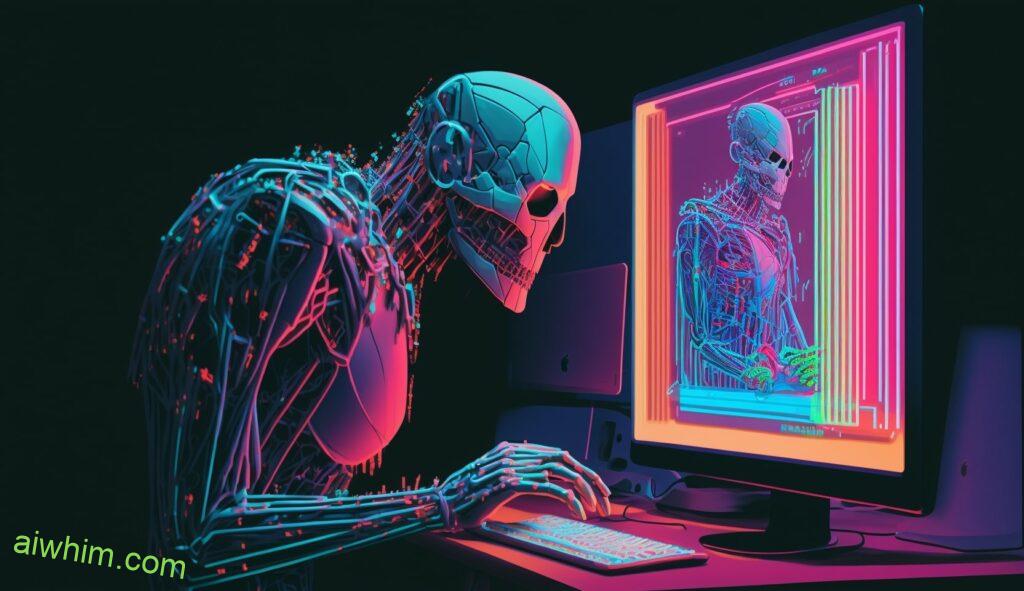
Limitations To AI As A Replacement For Human Talent
The automation technology of artificial intelligence (AI) has made many advancements in recent years. It is being used to help streamline processes, automate tasks and replace human labor in certain industries. But while AI can be an effective tool for certain applications, there are still limitations to what it can do when compared to the creativity and intuition of a human talent.
AI may be able to provide efficient data processing capabilities, but it cannot replicate the creative spark that comes from humans. Video game design, for example, requires tremendous innovation and creative problem-solving abilities which AI simply does not have at this time. Additionally, AI lacks the ability to recognize context or nuance which is often necessary in video game design. With these limitations in mind, we must remember that even with advances in automation technology, nothing will ever fully replace the unique contributions of human talent and ingenuity.
Therefore, it’s unlikely that AI will completely overtake careers such as video game design anytime soon – if ever! Instead of worrying about potential displacement due to automation technology, aspiring video game designers should focus on honing their craft and developing their skills so they can continue leveraging the power of human talent within their field.
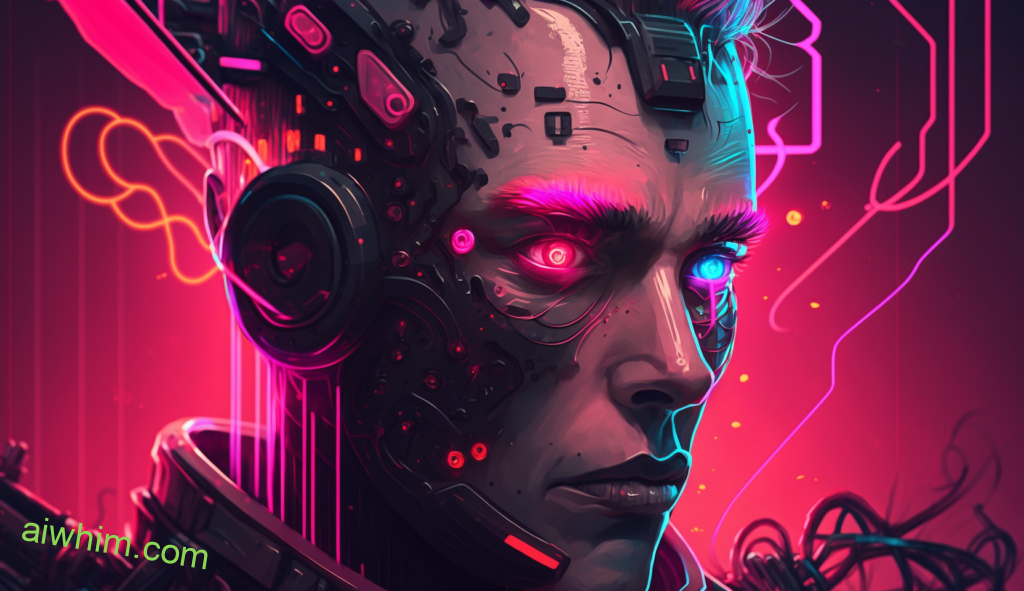
Potential Future Trends
The potential of AI replacing video game designers is already here. Automation advancements have been made in the gaming industry, and this trend shows no signs of slowing down. As technology continues to evolve, more and more tasks can be automated – including designing video games.
AI-driven automation could lead to fewer jobs for human game developers, especially with lower-level design work being done by computer algorithms. It’s possible that higher-end jobs will still require a human touch, but it’s hard to tell how much impact automation will actually have on the job market.
Video game designers should stay ahead of the curve and adapt as best they can to new technologies that are changing the way games are designed and created. While there may be some risk involved with relying too heavily on automation, there are also potential rewards from utilizing advanced tools that help save time and effort during development cycles. With proper management of these trends, video game designers can remain competitive in their field despite the advances in AI technology.
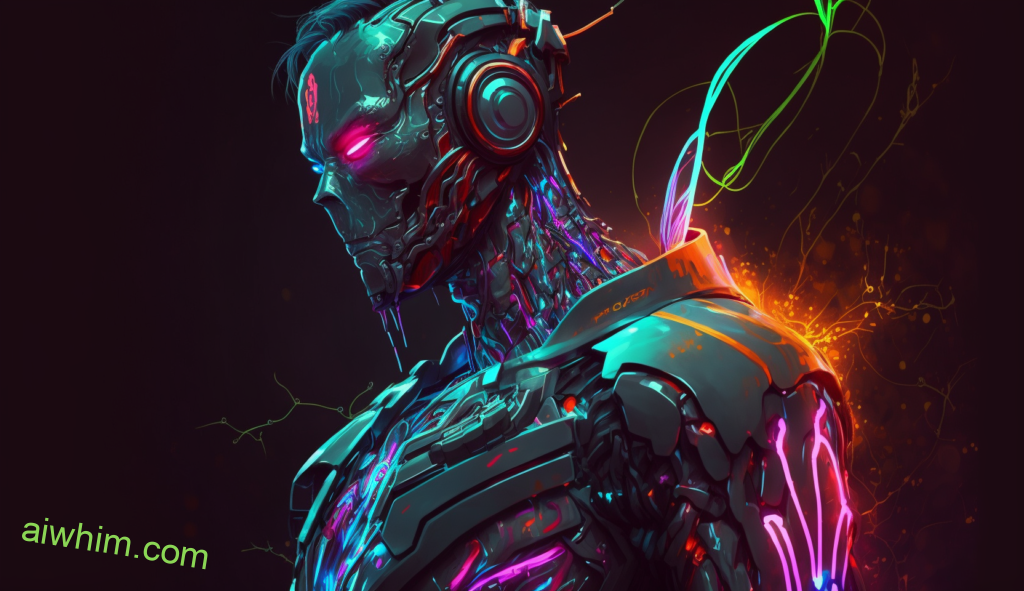
Preparing For The Future: What You Can Do Now
No one knows exactly how far AI will go in replacing human roles, but as a video game designer, you should be prepared. Fortunately, there are proactive strategies you can use to future-proof your career and ensure that you remain relevant in the ever-evolving job market.
The first step is understanding the current trends in AI and its potential impact on your role. Keep up with news about advancements in technology and stay informed about what other industries are doing with automation to get an idea of where things may head for video game designers. This awareness into the field helps identify areas within your profession where AI could have an effect so you can take measures to protect yourself from being replaced by machines.
In addition to staying aware of industry trends, another important action is career planning: actively assess your skillset and consider ways to diversify it or add new ones even before they’re needed. Relevant technical capabilities such as coding languages or development frameworks should be kept up-to-date while soft skills like communication and problem solving should also be developed further since these are harder for robots to replicate. By constantly developing yourself, you’ll become more capable when compared to automated processes which means employers won’t need them over you.
It’s not easy to keep ahead of technological change but if done wisely, it can pay off significantly down the road. Remain vigilant by regularly researching and learning new skills so that no matter what changes come, you’re ready for them!
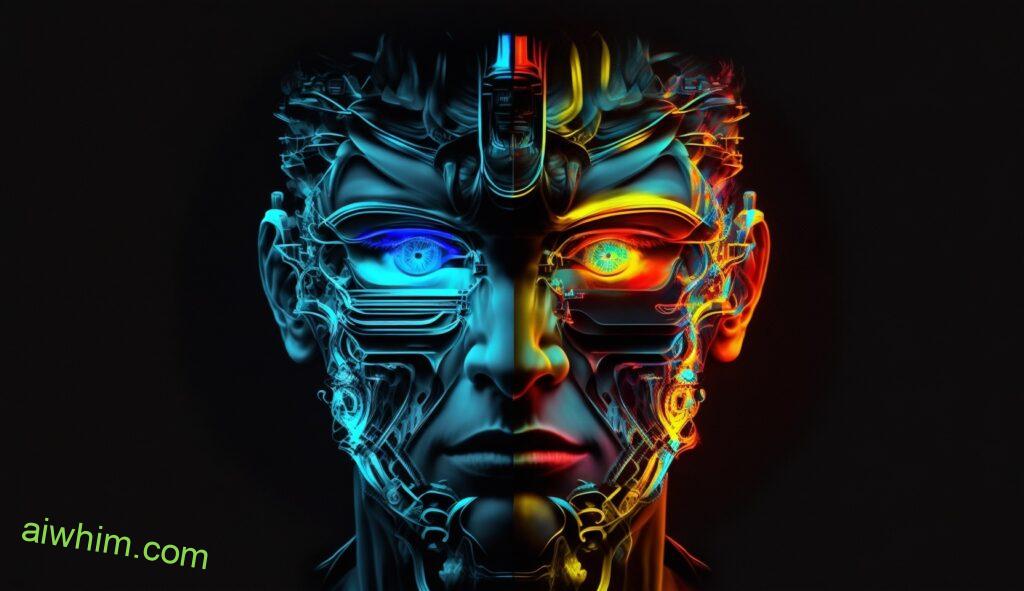
Conclusion
In conclusion, the idea of AI replacing a video game designer’s career is an interesting concept. While it may be possible in the future for artificial intelligence to take over some tasks traditionally done by humans, there are still many limitations that need to be addressed before this could happen. It’s important for all aspiring video game designers out there to stay informed and up-to-date on emerging technologies so they can adapt accordingly. If you want your career as a video game designer to remain meaningful and relevant into the future, I suggest taking advantage of every opportunity available now to hone your skillset. After all, if AI does eventually come along, you don’t want to get left behind!
Author: Ole Paulson
Author Bio: I’m Ole and on this website, I share everything there is to know about Artificial Intelligence, and useful tips for using AI to our advantage. I have a background in data science and research and have been following the AI-space for years. You can read more about me in the “About” page.

